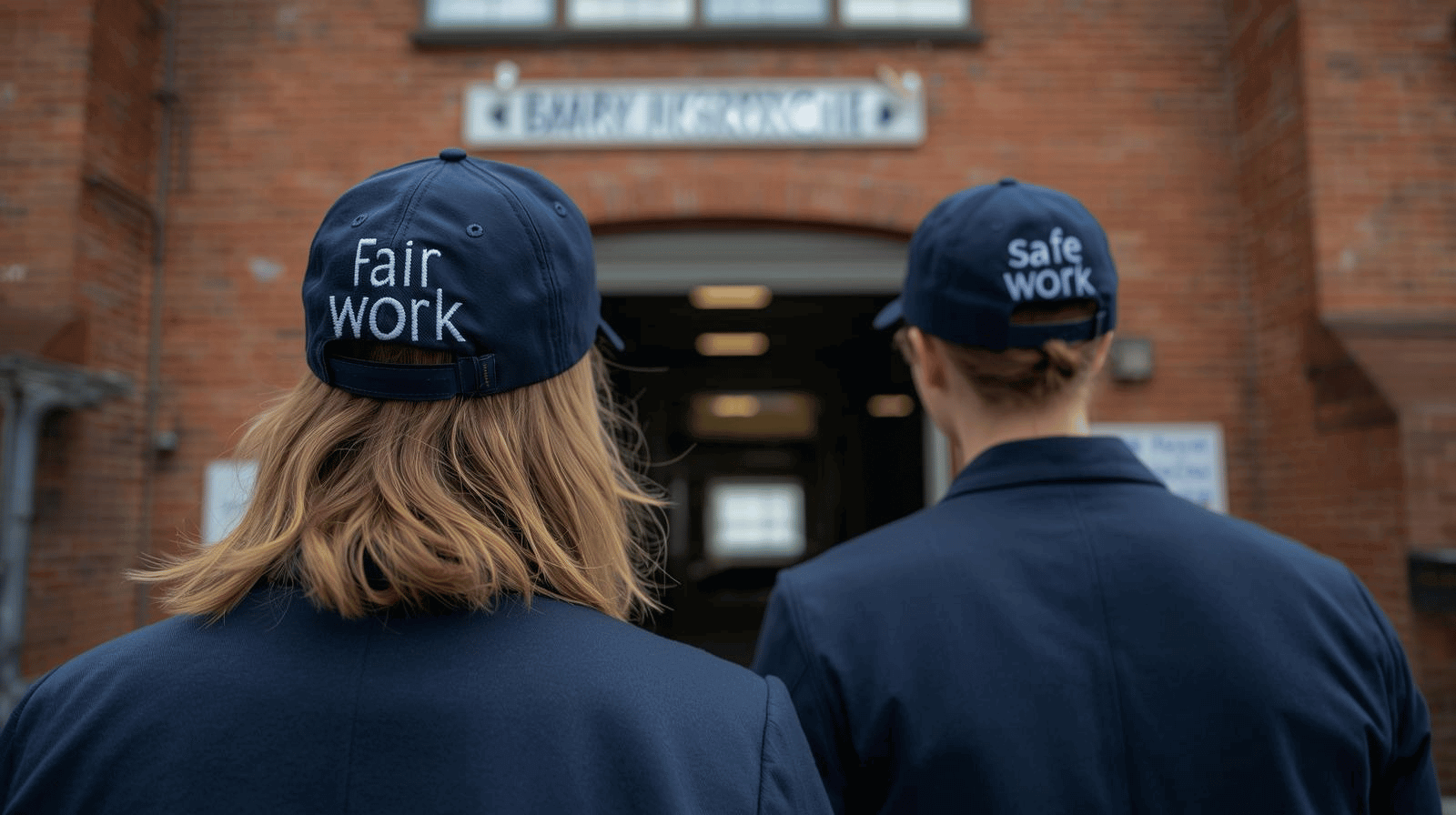Latest News & Events
Fair Work and Safe Work crossover?

|
About this case The University of Technology is implementing a cost reduction program planned to run through until 2029. That potentially involves the loss of 150 or more jobs and the consultation process with employees and unions was underway with staff meetings and the release of the proposed plan scheduled for 3 and 4 September 2025. On 2 September 2025, a Safe Work Inspector issued a prohibition notice in the belief that UTS workers would be exposed to a “serious and imminent risk of psychological harm” as a result of UTS’s Academic Change Proposal, in contravention of the Work Health and Safety Act and the Work Health and Safety Regulation. It was reported that Academics at UTS complained of feeling stressed and fearful after the university paused enrolments for a significant number of the courses that they offer. The prohibition notice was lifted after consultation with Safe Work NSW which resulted in UTS agreeing to allow more time and to consult with Health and Safety Representatives about measures to mitigate risks from psychosocial hazards. Our tertiary education sector is undergoing significant challenges associated with program funding, cost competitiveness and commercial viability. It is also an industry sector which has been plagued with compliance breaches with a string of universities including UTS being required to enter into Enforceable Undertakings with the Fair Work Ombudsman and having to make good on millions of dollars in underpayments to staff. In UTS’s case, that happened in 2023 and amounted to $5.7 million in underpaid entitlements. And, as is the case at UTS, that sort of culture makes for a significant level of union membership and representation when situations like this arise because there are underlying issues around psychological safety. What can we learn from this? There are quite a few take aways:
Change is complicated and something that you would be well advised to get some professional help with – from someone who understands the legal requirements but is also adept in communicating and helping people through the process in as positive a way as possible. Please call us on 0438 533 311 or email enquiries@ridgelinehr.com.au if you want to explore how we might be of assistance with any issues like this in your business.
|
CONTACT US
Ridgeline Human Resources Pty Ltd
ABN : 24 091 644 094
enquiries@ridgelinehr.com.au
0438 533 311
PARTNER LINKS
QUICK RESOURCE LINKS
